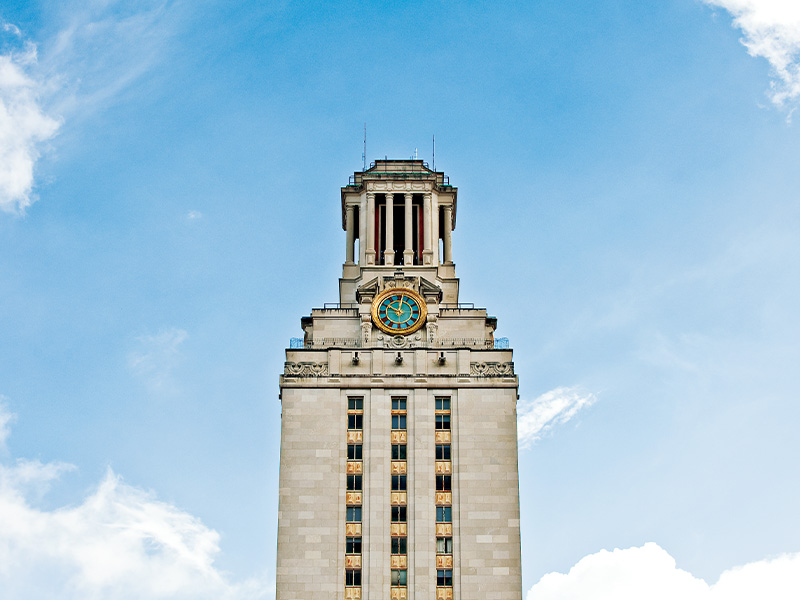Engineering, Natural Sciences Faculty Receive NSF Grant to Study Materials Critical for New Technologies

Faculty at The University of Texas at Austin have been awarded a nearly $3 million competitive grant from the National Science Foundation to study materials that are vital to the development of a broad range of technologies, including everything from cell phones to large-scale energy storage.
The three-year grant was awarded to an interdisciplinary team of researchers at Texas Materials Institute (TMI), a campus-based institute between the Cockrell School of Engineering and the College of Natural Sciences.
Led by TMI Director and Mechanical Engineering Professor Arumugam “Ram” Manthiram, the research will team faculty and students from across disciplines. The goal of their research is to gain a profound fundamental understanding of the physics and chemistry involved in controlling the properties of transition-metal oxides, a complex class of materials essential for many modern technologies.
The oxides exhibit many unusual properties, ranging from the best electrical insulators to the best conductors, including high-temperature superconductors. Several of these properties are yet to be described by existing theoretical models.
“It all depends on which oxide you are dealing with,” said Manthiram, the Joe C. Walter Chair in Engineering, who also directs the Materials Science and Engineering graduate program at the University. “Our study will provide better understanding of how the electronic and ionic interactions at the atomic scale control the properties and performances of transition-metal oxides.”
Gregory L. Fenves, dean of the Cockrell School, said the fundamental knowledge gained through the research will enable researchers to design and develop new materials with greater capabilities.
“This materials research will help usher in a new generation of technologies — one that is more expansive, more efficient, and more capable than ever before,” Fenves said.
The project will also provide hands-on interdisciplinary research training for up to seven graduate students, two post-doctoral fellows, and eight undergraduate students — many of whom will be recruited through the Graduates Linked with Undergraduates in Engineering program and the Cockrell School’s Women in Engineering Program. Recruiting and mentoring are also planned for minority undergraduates.
The Materials Interdisciplinary Research Team (MIRT) grant, which was awarded for the first time this year and is managed by the Materials Research Science and Engineering Center program at NSF, recognizes teams that demonstrate a strong interdisciplinary research program.
Six University faculty members — whose expertise includes physics, mechanical engineering, chemical engineering, and electrical and computer engineering — will work collaboratively on the grant with University of Virginia Associate Professor Despina Louca, in that university’s Department of Physics.
Manthiram said faculty and students working on the project will give lectures and demonstrations of clean energy experiments to students at local middle and high schools. Presentations will also be made to the general public and K-12 students at Explore UT, a campus-wide open house.
University of Texas at Austin faculty involved in the project are: Manthiram; Jianshi Zhou, research professor in the Materials Science and Engineering Program and Department of Mechanical Engineering; John B. Goodenough, professor in the Materials Science and Engineering Program and Departments of Mechanical Engineering and Electrical and Computer Engineering; Gyeong S. Hwang, professor in the Department of Chemical Engineering; Alejandro L. de Lozanne, professor in the Department of Physics; and Allan H. MacDonald, professor in the Department of Physics.
